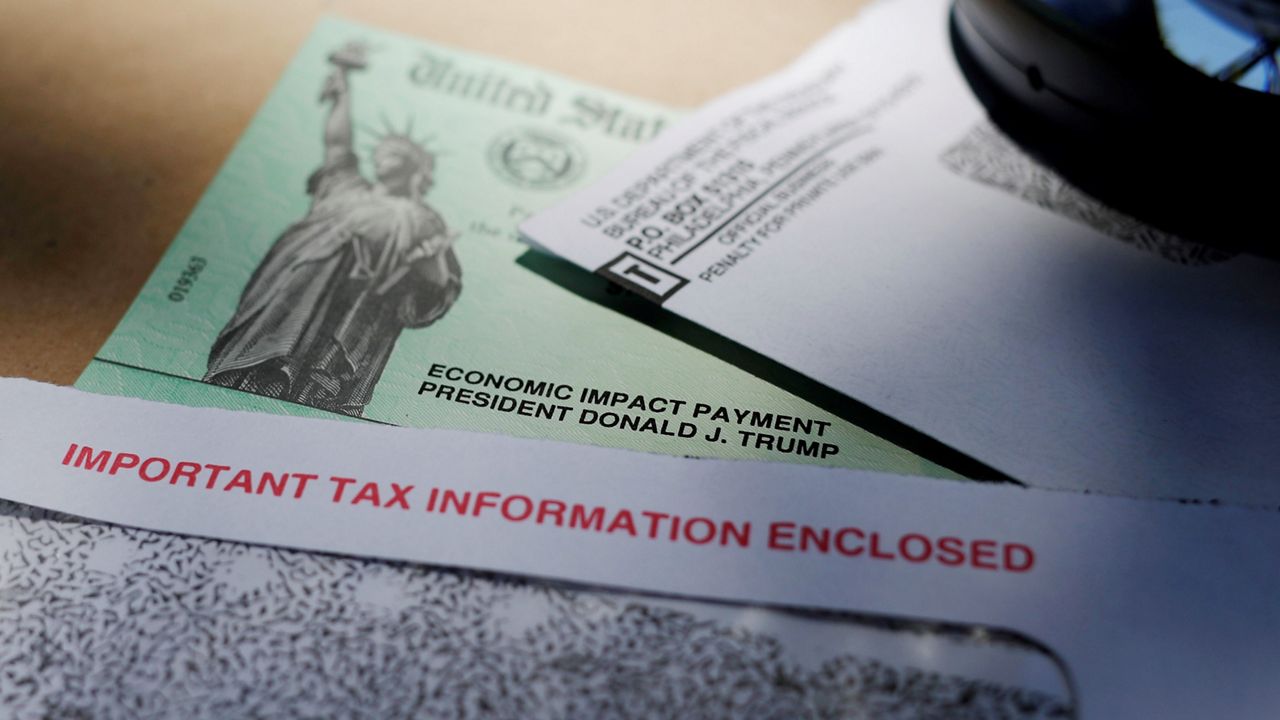New York lawmakers are making a renewed push to bolster rights for freelance workers in the state.
The measure, a previous version of which was vetoed last year, is modeled after a New York City measure first approved in 2017. The bill would require freelancers are paid within 30 days of their work and provide help for workers who have to recoup unpaid wages.
“From Brooklyn to Buffalo, freelancers across New York deserve their rights as workers to be fully protected,” said state Sen. Andrew Gounardes. “As workers continue to unionize and stand up for their rights across the country, it is our responsibility as a legislature to recognize the needs of this too-often overlooked workforce, and make these protections law for all New Yorkers.”
The New York City law requires written contracts be given to any worker who is receiving more than $800 for their work and requires financial remedies if payment isn't fulfilled. Lawmakers want those protections to be statewide in order to guard against wage theft.
The state measure would require contracts for freelancers of more than $250 or an aggregate of $800 or more of work over a four-month period must have a contract outlining the scope of the work, the rate and method of payment.
It would also bar clients from requiring freelancers to accept less than the contract stipulates in exchange for faster payment.
Gov. Kathy Hochul vetoed the measure last year, citing concerns over the burden it could place on the state Department of Labor, including hiring more staff in order to enforce it.
“In my many years as a labor attorney and now as a member of the New York State Assembly, I know that independent contractors are not protected by the same minimum wage laws as regular employees and generally ineligible for unemployment and workers compensation, are some of the most exposed laborers in our state when it comes to wage theft,” said Assemblymember Harry Bronson. “Freelance workers are a rapidly growing sector of the economy. Our legislation is a commonsense approach to ending the economic discrimination against freelancers and putting a value on their contributions.”



